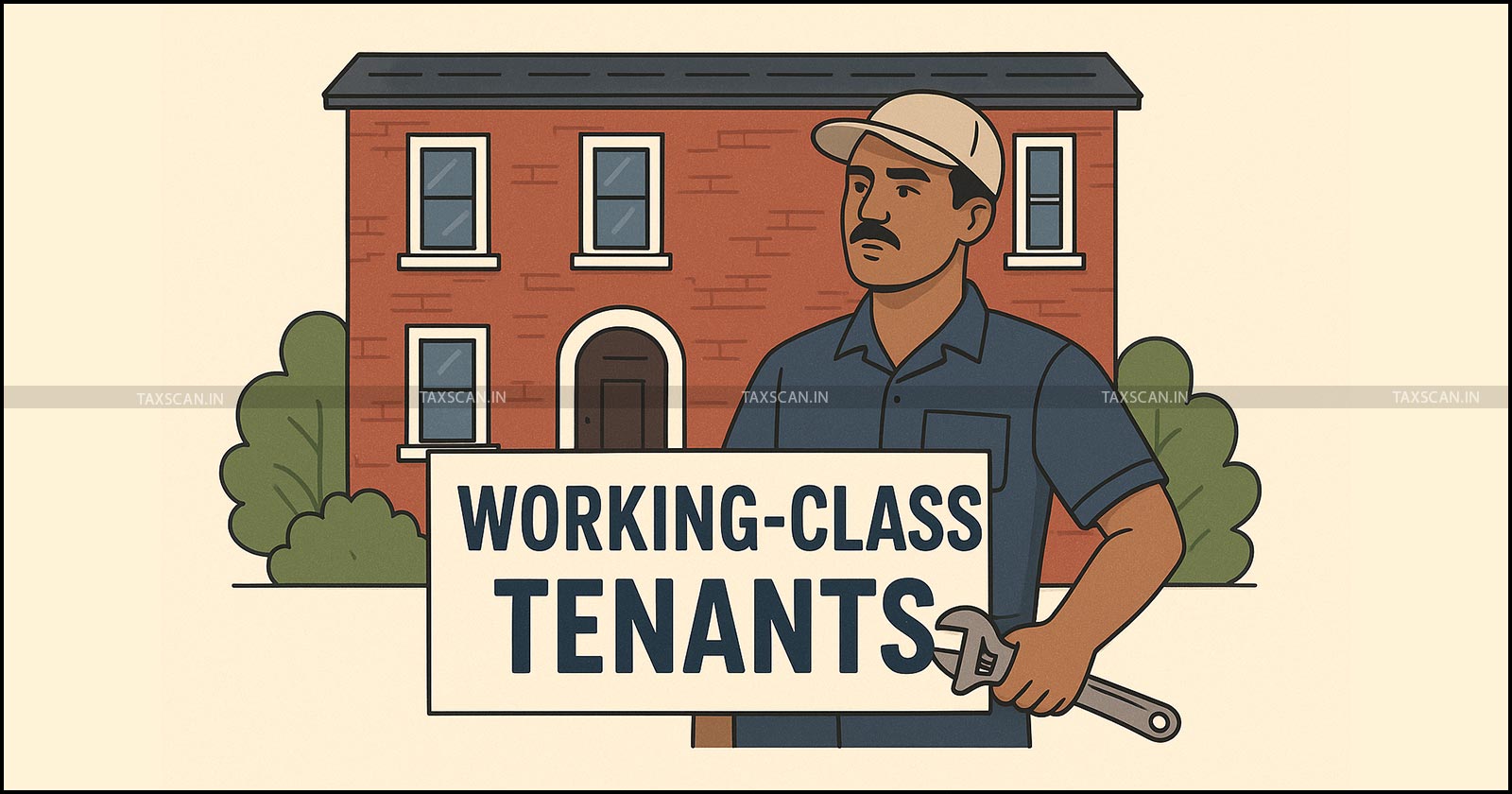Time-Barred Audit Visit Report Vitiates Entire Proceeding: Orissa HC Sets Aside OVAT Assessment on Indian Oil Adani Ventures [Read Order]
The Court examined evidence apparent-on-record determined that the Assessing Officer lacked jurisdiction to proceed under Section 42.
![Time-Barred Audit Visit Report Vitiates Entire Proceeding: Orissa HC Sets Aside OVAT Assessment on Indian Oil Adani Ventures [Read Order] Time-Barred Audit Visit Report Vitiates Entire Proceeding: Orissa HC Sets Aside OVAT Assessment on Indian Oil Adani Ventures [Read Order]](https://images.taxscan.in/h-upload/2025/11/19/2106532-orissa-high-court-indian-oil-audit-visit-report-ovat-assessment-adani-ventures-taxscan.webp)
The Orissa High Court held that an Audit Visit Report submitted beyond the statutory seven day period prescribed under the Odisha Value Added Tax Act, 2004 vitiates the entire assessment proceeding, leading to the quashing of the tax demand created under Section 42. The Court ruled that the foundational defect in the Audit Visit Report rendered the assessment without jurisdiction.
Indian Oil Adani Ventures Limited had approached the High Court challenging the assessment initiated on the basis of an Audit Visit Report prepared on 31 March 2016 but submitted only on 12 July 2016, far beyond the limit mandated under Section 41 of the Odisha Value Added Tax Act, 2004. The Assessing Officer (AO) proceeded to issue a notice under Section 42 and completed the audit assessment, even though an escaped turnover assessment under Section 43 for the same period had already been concluded.
Counsel for the appellant, Sidhartha Ray, argued that the Audit Visit Report was invalid as it was filed beyond the statutory period, making any subsequent proceeding under Section 42 without jurisdiction. Further, once an assessment under Section 43 was completed, a fresh initiation under Section 42 was impermissible.
 Also Read:Madras HC Permits Re-Export of Misclassified Textile Fabric Imports Pending Adjudication on Bond and Bank Guarantee [Read Order]
Also Read:Madras HC Permits Re-Export of Misclassified Textile Fabric Imports Pending Adjudication on Bond and Bank Guarantee [Read Order]
Counsel for the respondents, S. Patra, argued that Section 49 of the Odisha Value Added Tax Act, 2004 permitted reassessment in compliance with appellate directions and that the petitioner had an alternative remedy available.
The bench of Justice B. P. Routray and Justice S. K. Mishra held that the Audit Visit Report, having been submitted well beyond the seven day period required under Section 41, was invalid and incapable of forming the basis of a proceeding under Section 42. The bench further held that an assessment under Section 42 cannot follow a completed assessment under Section 43 for the same period.
The Court also found that Section 49(2) did not apply, as the remand by the First Appellate Authority was not an order of a Court or Tribunal.
 Also Read:Hostel Use by Working-Class Tenants Constitutes Residential Occupancy: Madras HC Sets Aside Commercial Tax Demands [Read Order]
Also Read:Hostel Use by Working-Class Tenants Constitutes Residential Occupancy: Madras HC Sets Aside Commercial Tax Demands [Read Order]
Consequently, the assessment and demand were set aside in entirety.
The petition was allowed.
Support our journalism by subscribing to Taxscan premium. Follow us on Telegram for quick updates


